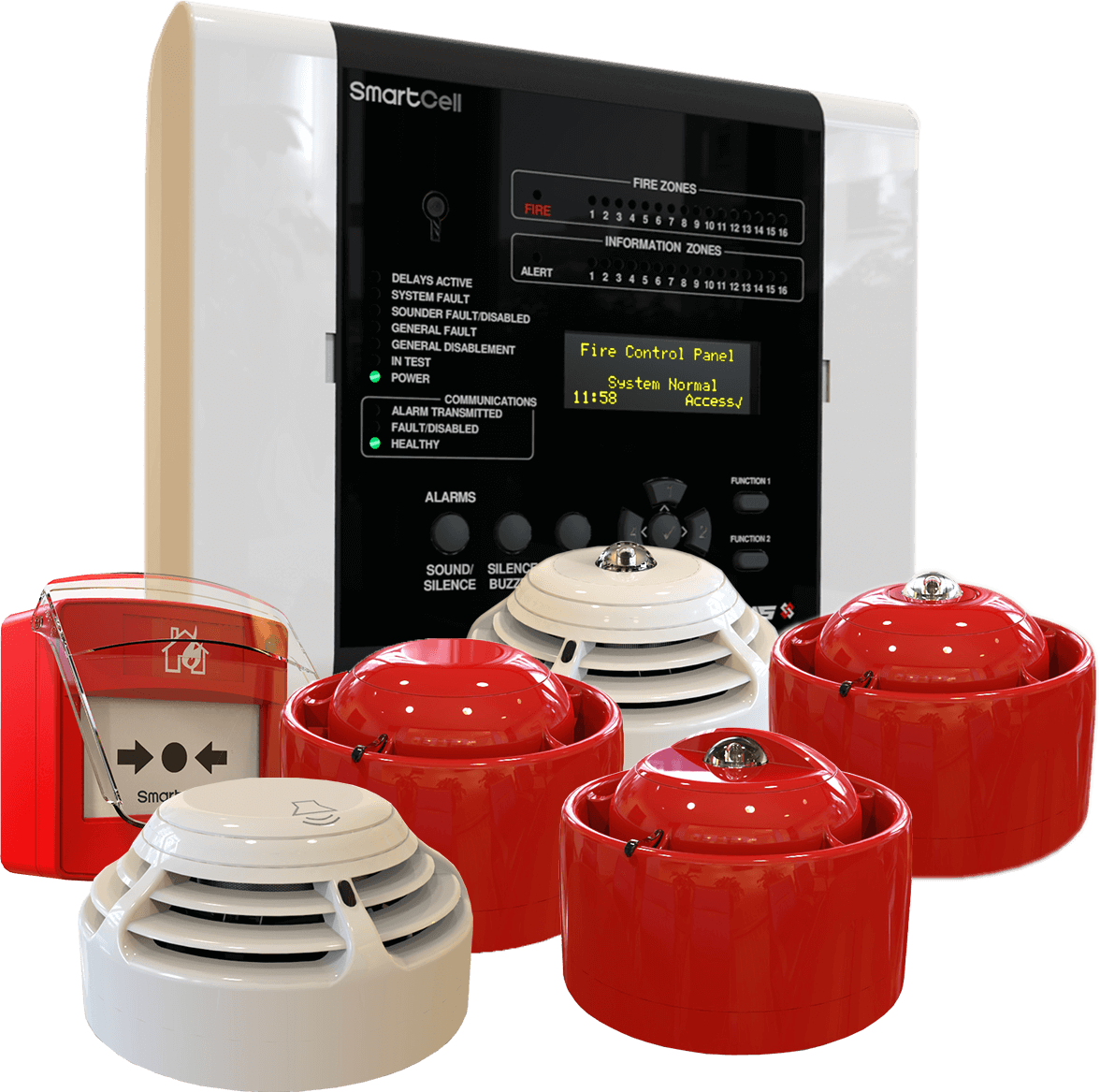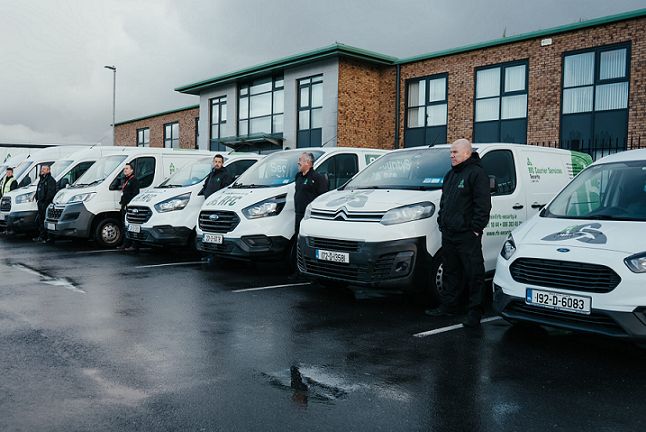Advantages of our Wireless Alarm Systems
Wireless Connectivity
Say goodbye to the hassle of complex wiring installations. Our system operates seamlessly through wireless connectivity, eliminating the need for extensive cabling while ensuring consistent and reliable communication between components.
Four Simple Steps For Wireless Fire Alarm Installation
Experience premium quality printing at your fingertips.
Book A Free Survey
Contact us and book your free site visit.
Our Engineer Will Review Your Premises
Site survey will conducted by our engineer, advising of the best option and approach for your premises.
Receive Your Free Quote
You will receive your quotation based on the site survey by our friendly head offiuce team.
Installation
With your order is confirmed and your happy with our quotation, our install team will arrange the suitable date for your installation.
Customer Service
RFC Fitted a Fire Alarm and Emergency Lighting for our Business Paperweight Office Supplies. I could not recommend them enough their price was very competitive and the lads fitting the alarm were very neat and tidy as we were open when they were installing the systems. Great customer Service when you ring the office. Well done Lads and thank you.

PAPERWEIGHT
Director: Denise Doyle
Frequently Asked Questions
How do wireless fire alarm systems work?
There’s no prizes for guessing that a wireless fire alarm system has no wires. Instead, a radio signal is transmitted from the call points and smoke or heat detectors to the fire alarm control panel (the call point is the box on the wall where you can raise the alarm if you spot a fire).
From the point of view of anyone using a building fitted with a wireless system, it works in exactly the same way as a ‘normal’ hard-wired system – you spot a fire, you break a call point; a call point breaks, the alarm sounds.
There’s no special training required and you’re protected in exactly the same way.
Should I get a wireless fire alarm system?
There are many benefits to installing a wireless fire alarm system, but there are some downsides too. It’s important to weigh these up carefully. Here’s some pros and cons for you to think about:
The benefits of wireless fire alarm systems:
As reliable as a wired system and tested to British and European standards
Quick to install and can be fitted with minimum disruption to your business
No need to shut down areas of the building or be open out of hours for the installation to take place
No ugly cables or damage to your walls
the only cable is from the control panel to the mains power
Can be easily installed in buildings where there is limited access e.g. due to high ceilings
Layout is easily modified if something in your building changes e.g. you extend
Will save you money on labour, making good, and decorating costs
Will still work even if the power goes out as they are battery operated
Can be used as a temporary system in locations where a wired one can’t be installed e.g. building sites
Can be used to extend existing wired systems
Should I get a wireless fire alarm system?
Basically, what you’re getting with a wireless fire alarm system is a quick, hassle-free installation that is easy on the eye and gives you maximum flexibility in the future, but with a slightly higher initial set-up cost and the slight inconvenience and expense of ongoing, regular battery replacement.
On this basis, we’d recommend a wireless fire alarm for any of the following:
1: For anyone who wants a fire alarm fitted quickly, with a minimum of fuss
2: For businesses where aesthetics are important, such as high-end retail outlets
3: For businesses which would suffer disruption if they had to shut off areas of building, e.g. hotels
4: For historic or listed buildings, or those with building restrictions
5: For buildings which are likely to be renovated or extended in the near future
6: For buildings with difficult points of access such as narrow stairwells or high ceilings
7: For complex sites with multiple buildings such as schools or colleges
2: For businesses where aesthetics are important, such as high-end retail outlets
3: For businesses which would suffer disruption if they had to shut off areas of building, e.g. hotels
4: For historic or listed buildings, or those with building restrictions
5: For buildings which are likely to be renovated or extended in the near future
6: For buildings with difficult points of access such as narrow stairwells or high ceilings
7: For complex sites with multiple buildings such as schools or colleges
So now you’ve got the facts, if you think a wireless system is for you, then please feel free to get in touch with us for your free survey and quote by calling us on (01) 8395116. Our friendly team will be happy to help.



